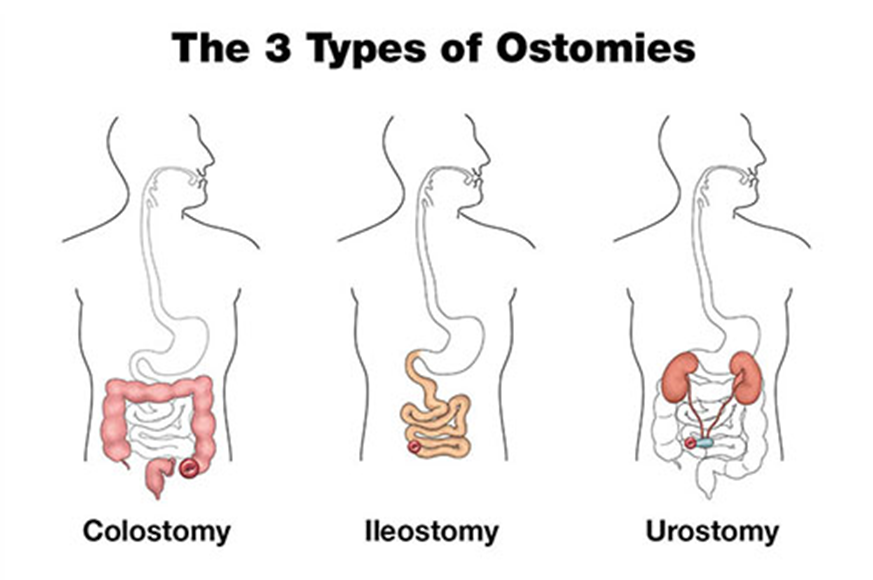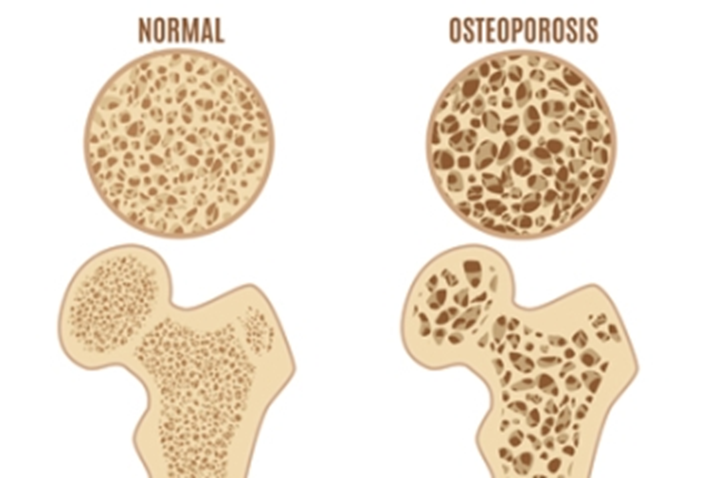A nurse is reviewing the laboratory data of a client who is 1 day postoperative following an abdominal hysterectomy. Which of the following findings should the nurse report to the provider?
WBC count 10,000/mm³
BUN 20 mg/dL
Creatinine 2.3 mg/dL
Hematocrit 41%
The Correct Answer is C
Choice A reason: WBC count 10,000/mm³ is within the normal range of 4,500 to 11,000/mm³ and does not indicate any infection or inflammation.
Choice B reason: BUN 20 mg/dL is within the normal range of 10 to 20 mg/dL and does not indicate any renal impairment or dehydration.
Choice C reason: Creatinine 2.3 mg/dL is above the normal range of 0.6 to 1.2 mg/dL and indicates renal dysfunction or damage, which can be caused by blood loss, hypotension, or nephrotoxic drugs during surgery. The nurse should report this value to the provider and monitor the client for signs of acute kidney injury, such as oliguria, edema, or electrolyte imbalances.

Choice D reason: Hematocrit 41% is within the normal range of 37% to 47% for females and does not indicate any anemia or polycythemia.
Nursing Test Bank
Naxlex Comprehensive Predictor Exams
Related Questions
Correct Answer is D
Explanation
Choice A: This is incorrect because stool being a dark green color is not a finding that the nurse should report to the provider. Stool from an ileostomy can be dark green, brown, or yellow depending on the diet and fluid intake of the client.
Choice B: This is incorrect because stoma being a cherry red color is not a finding that the nurse should report to the provider. Stoma from an ileostomy should be moist and pink or red, indicating adequate blood supply and healing.
Choice C: This is incorrect because stool containing scant red blood is not a finding that the nurse should report to the provider. Stool from an ileostomy can contain small amounts of blood due to irritation or inflammation of the bowel mucosa.
Choice D: This is correct because stoma retracting into the abdominal wall is a finding that the nurse should report to the provider. Stoma from an ileostomy should protrude slightly above the skin level, allowing for proper drainage and appliance fitting. Stoma retraction can indicate ischemia, obstruction, or peritonitis.

Correct Answer is B
Explanation
Choice a is not correct because consuming canned sardines twice a week is not a risk factor for osteoporosis, but rather a protective factor. Canned sardines are rich in calcium and vitamin D, which are essential for bone health.

Choice c is not correct because applying an estrogen vaginal cream daily is not a risk factor for osteoporosis, but rather a treatment option. Estrogen therapy can help prevent bone loss and reduce the risk of fractures in postmenopausal women.
Choice d is not correct because walking 30 minutes per day is not a risk factor for osteoporosis, but rather a beneficial exercise. Weight-bearing physical activity can stimulate bone formation and improve bone strength.
Whether you are a student looking to ace your exams or a practicing nurse seeking to enhance your expertise , our nursing education contents will empower you with the confidence and competence to make a difference in the lives of patients and become a respected leader in the healthcare field.
Visit Naxlex, invest in your future and unlock endless possibilities with our unparalleled nursing education contents today
Report Wrong Answer on the Current Question
Do you disagree with the answer? If yes, what is your expected answer? Explain.
Kindly be descriptive with the issue you are facing.
